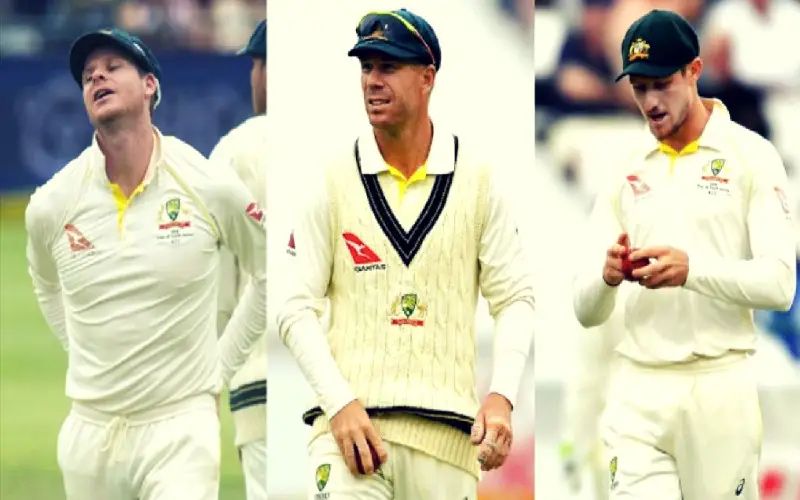Match-fixing occurs when bookies are paid by cricketers to give them advance information about matches. Players taking bribe are punished under cricket law. The ban is issued by the ICC or the cricketer's respective board. Often players are banned for life from all forms of cricket and their hard work goes in vain. This damages the reputation of cricket. If a cricketer is playing for his country, he should play honestly, as many fans worship cricket as a religion, and match-fixing scandals hurt them.
1. Hansie Cronje
Wessel Johannes "Hansie" Cronje was born on September 25, 1969, and died on June 1, 2002. In the 1990s, he was a captain and a cricketer for the South African national cricket team. He was known for his key role in his team as an excellent all-rounder. He was a right-handed batsman. The biggest match-fixing scandal to occur in cricket history occurred in 2000. Cronje was seen having a conversation with Sanjay Chawala. Sanjay Chawala was known as one of the betting masters in India. Delhi police interrogated Cronje, and he was found guilty. As a result of the interrogation, Cronje was banned from cricket for life. Sadly, two years later, he died in a plane crash. Despite the match-fixing scandal, he is still regarded as one of the greatest cricketers in South African history.
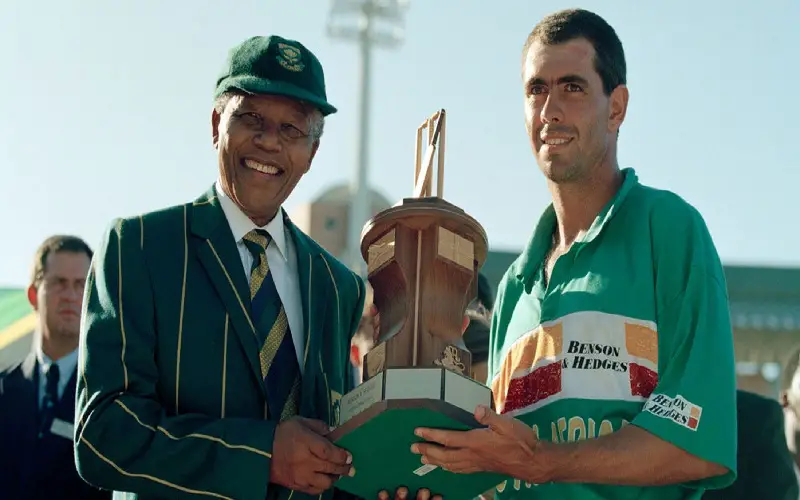
2. Mohammad Azharuddin
Mohammad Azharuddin was born on February 8, 1963. He is a former captain and cricketer for the Indian cricket team. He was a right-handed batsman and led India to win the 1990–91 Asia Cup and the 1995 Asia Cup. He was an excellent player and was seen as the bright future of the Indian cricket team. He was caught in one of the biggest cricket scandals and was banned from cricket for life. Azhar's name was implicated in match-fixing after South African cricketer Hansie Cronje told police that Azhar had introduced him to bookies. However, Azhar never agreed with the scandal, and his ban got in 2012. Currently, he is serving as president of the Hyderabad Cricket Association.
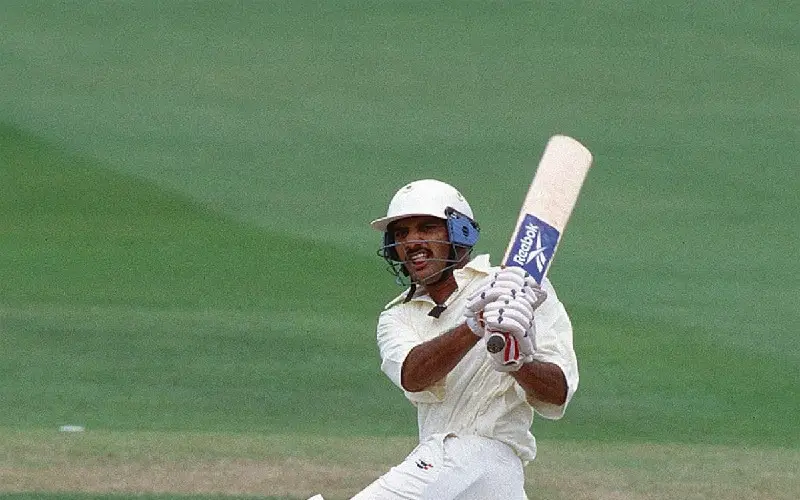
3. Saleem Malik
Saleem Malik was born on April 16, 1963. He is a former captain and cricketer for Pakistan. He was a right-handed batsman and a right-arm off-break bowler. He played for his side between 1981–82 and 1999, and after that, he was banned for life from cricket for match-fixing. Malik was caught for bribery at first but was found innocent and was allowed to play for his side. Later, when he played his last Test match in 1999, he was banned from cricket for life in May 2000 due to Justice Qayyam's inquiry. Later in 2008, his ban was lifted by a local court in Lahore.
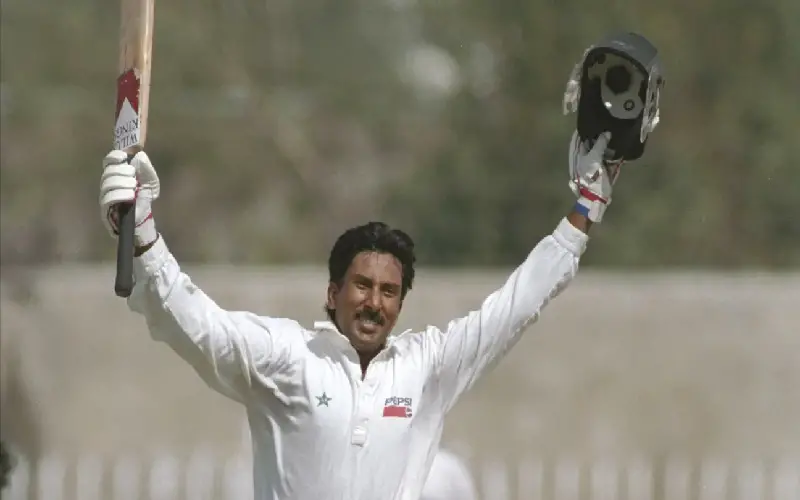
4. Shane Warne Mark Waugh
In 1994, when Australia was touring Sri Lanka, Warne, and Waugh were found guilty of match-fixing as they gave the pitch and weather information to one of the Chennai bookers named John. They exchanged information for cash. This is considered the largest match-fixing scandal of the 1990s. The Australian Cricket Board tried to cover up the scandal and thought it was sufficient to fine the cricketers privately and allow them to continue their careers in cricket. Later, a public committee was formed to investigate the scandal, with both the cricketers denying the allegations.
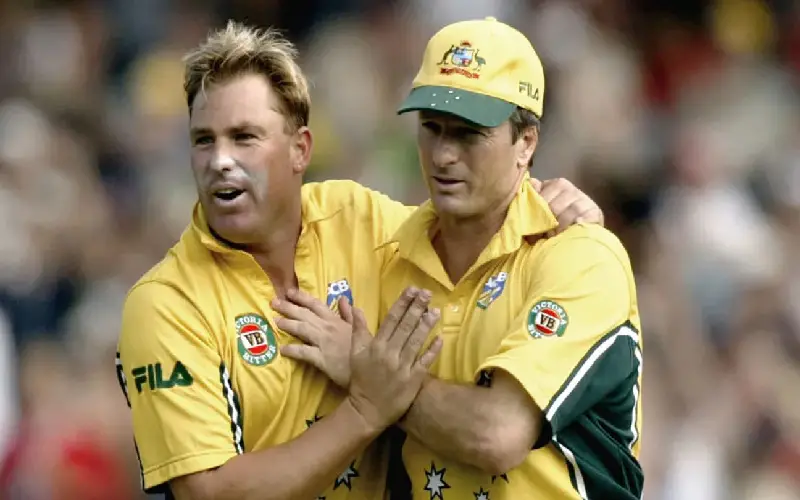
5. The No-ball Scandal Of Pakistan
This scandal occurred during a test match between Pakistan and England in August 2010. Three members named Mohammad Amir, Mohammad Asif, and Salman Butt of the Pakistani cricket team were found guilty of match-fixing. They were charged with taking a bribe from Mazhar Majeed, a bookmaker, to intentionally bowl no-balls on receiving the signal. With these allegations, the police arrested Mazhar Majeed on charges of match-fixing, and Pakistani captains Butt, Asif, and Amir were banned from playing cricket by the International Cricket Council.
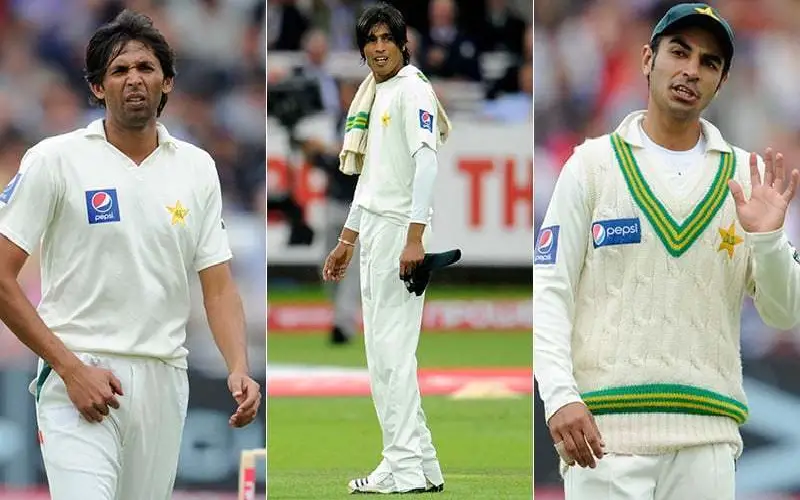
6. Mervyn Simon Westfield
Mervyn Simon Westfield (born May 5, 988) is a former English cricketer who was found guilty of match-fixing in January 2012. He became the first English cricketer to get involved in match-fixing. He admitted the charges of accepting 6,000 euros in exchange for bowling 12 overs, on January 12, 2012, he was jailed for four months and his partner Dinesh Kaneria, who was involved in the scandal with him, was banned from cricket for life.
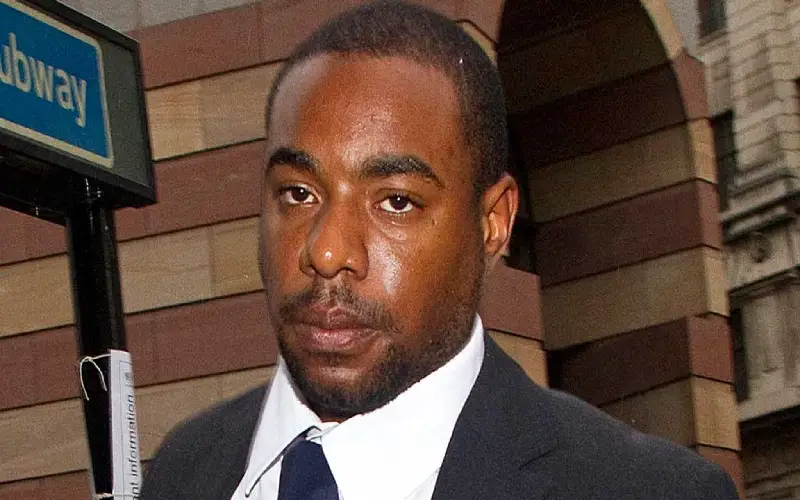
7. Marlon Nathaniel Samuels
Marlon Nathaniel Samuels was born on February 5, 1981. He is a former cricketer and ODI captain for the West Indies. He is a right-handed middle-order batsman and an offspinner. He was an important member of his team and helped the West Indies win the 2012 ICC World T20 and the 2016 ICC World T20. Before he became an important figure in his team, in 2008, he got involved in a match-fixing scandal and was found guilty despite claiming his innocence. His call recording with Booker became evidence of his involvement in the scandal and he was banned from playing cricket for two years. After the ban, he made an amazing comeback for his team.
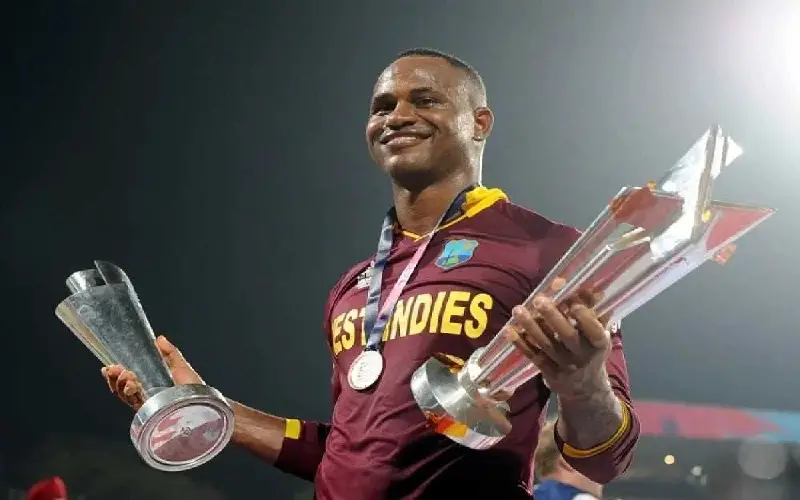
8. Maurice Odumbe
Maurice Omondi Odumbewas born on June 15, 1969. He is a former ODI captain and a cricketer of Kenya. He was known as one of the greatest players on his team. He made his debut in 1996, and after getting involved in the match-fixing scandal in 2004, he was banned from playing cricket for five years. He was booked for taking money from bookies. Many people and commentators at the time thought that the ban would end Odumbe's career, but Odumbe announced that he would return after the ban. He made a comeback at the age of 40.
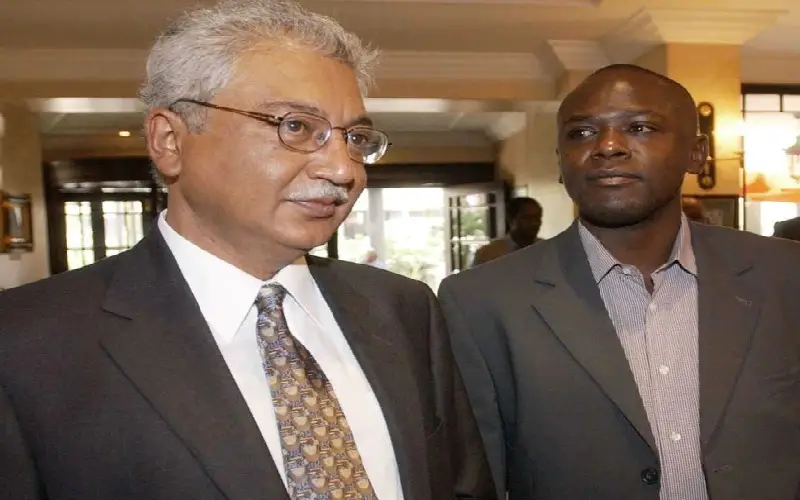
9. 2013 Indian Premier League Spot-fixing And Betting Case
The 2013 Indian Premier League spot-fixing and betting affair became the talk of the town. Since IPL is regarded as one of the greatest leagues ever, no one thought about the match-fixing scandal in Premier League, with Rajasthan Royals players Sreesanth, Ajit Chandila and Ankeet Chavan being spot-fixed by some bookies. A case was registered. Other. Later, the three members were found not guilty by the Patiala House Court. Separately, the Mumbai Police arrested Vindu Dara Singh, Priyank Sipahi, and Chennai Super Kings team principal Gurunath Meiyappan on betting charges. Later in 2015, the RM Lodha Committee suspended the owners of the Chennai Super Kings and Rajasthan Royals for two years.
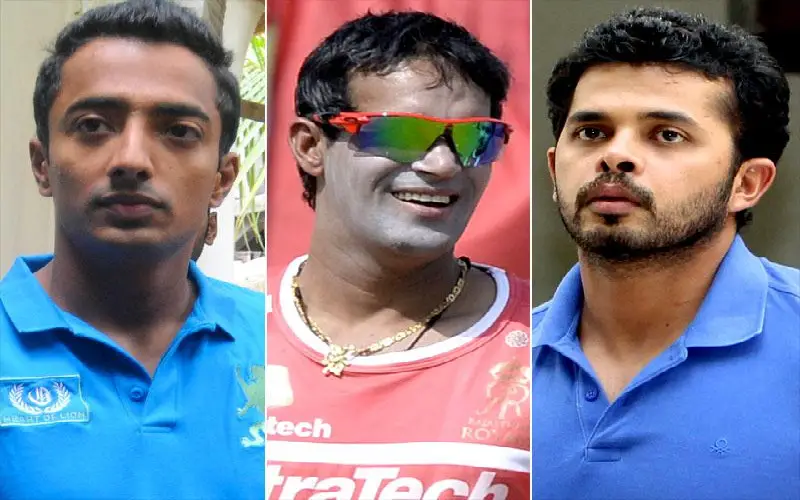
10. Sandpaper Gate
The Sandpaper Gate scandal was a cricket cheating scandal involving the Australian national cricket team Cameron Bancroft, one of Australia's players, is caught on TV camera during the third Test against South Africa in Cape Town. He was trying to rough up one side of the ball using the sandpaper so the ball would swing more quickly, making it harder for the batsman on the other side to play. Steve Smith, the team’s captain, and David Warner, team’s vice-captain, were also involved in the scandal. Later, the captain accepted the allegations and told the media that he already knew about the sandpaper incident as they had planned it together over lunch. Smith was charged 100% of his match fee and was not allowed to play in the next Test; However, Bancroft was charged 75% of his match fee. Smith and Warner both apologized and resigned from their respective roles in the team.
